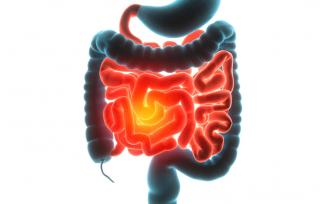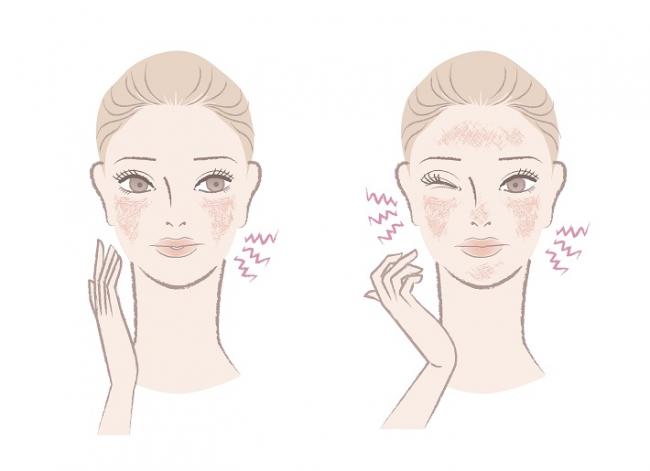News
- Selenium and Prostate Cancer: The Debate Continues!
18 Jun 13
- Magnesium and Chronic Back Pain
18 Jun 13
- Melatonin and Neurodegenerative Disease: ALS (Lou Gehrig’s Disease)
18 Jun 13
- Mediterranean Diet and Heart Disease Risk
18 Jun 13
- Processed Meat and Premature Death
18 Jun 13
- Salt and Autoimmune Disease
18 Jun 13
- Green Coffee Bean Extract and weight loss
18 Jun 13
- Manuka Honey for Infections
18 Jun 13











